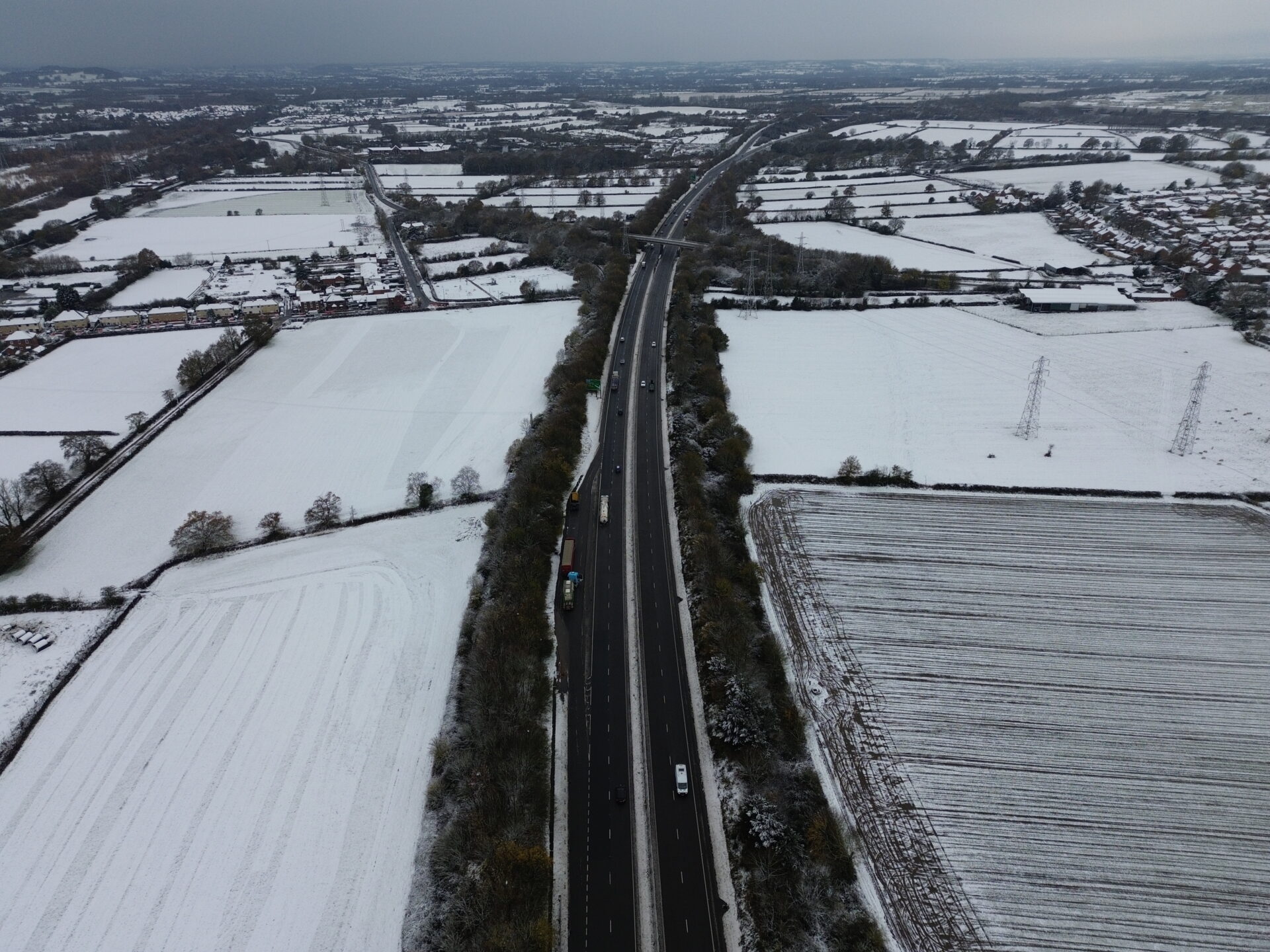With the UK experiencing numerous yellow and amber alerts for snow, ice, and rain, along with 173 flood warnings and 316 flood alerts, Skillcast warned that employers are legally required to conduct risk assessments tailored to weather-related hazards, as stipulated by the Health and Safety at Work etc. Act 1974.
These warnings were issued by The Environment Agency this year, and severe weather has become a pressing concern for businesses.
Vivek Dodd, director at Skillcast, said: “Employers must conduct risk assessments tailored to weather-related hazards.
“For example, outdoor workplaces face risks from ice, snow, and freezing temperatures, while indoor workplaces must ensure adequate heating and ventilation during cold spells.”
Risk assessments form the foundation for identifying hazards and implementing measures to mitigate the risks posed by severe weather.
Workplace temperature regulations under the Workplace (Health, Safety and Welfare) Regulations 1992 specify minimum temperatures of 16°C for most indoor work and 13°C for physically demanding tasks.
Dodd advised: “To comply with this regulation, employers must supplement heating systems and provide warm clothing where necessary.”
Severe weather also increases the likelihood of slips, trips, and falls, particularly on icy or snowy surfaces.
Dodd said: “Businesses should regularly grit and clear pathways, display clear signage to warn of icy conditions, and schedule frequent inspections of high-risk areas.”
For outdoor workers, the risks were even more pronounced.
Under the Personal Protective Equipment at Work Regulations 1992, employers must provide appropriate gear such as thermal clothing, insulated gloves, and waterproof footwear.
Dodd added: “Employers must offer warm rest areas and ensure frequent breaks for outdoor staff.
“The Working Time Regulations 1998 mandate appropriate rest periods, which are vital during extreme cold.”
For desk-based roles, implementing remote working policies during severe weather can minimise travel risks and ensure employee safety.
Flexible working arrangements are an effective way for businesses to reduce exposure to weather-related hazards.
Training is another critical component of workplace safety.
Dodd said: “It is the business’s responsibility to provide staff with sufficient health and safety training.
“Failing to implement sufficient health and safety training can lead to breaches that the Health and Safety Executive (HSE) doesn’t take lightly. Fines, costs, and reputational damage can be severe.”
As severe weather events become more frequent due to climate change, organisations must adapt to protect their operations and workforce.
Dodd said: “By implementing these measures and investing in comprehensive health and safety compliance training, organisations can not only comply with legal obligations but also foster a culture of safety and resilience.”

















